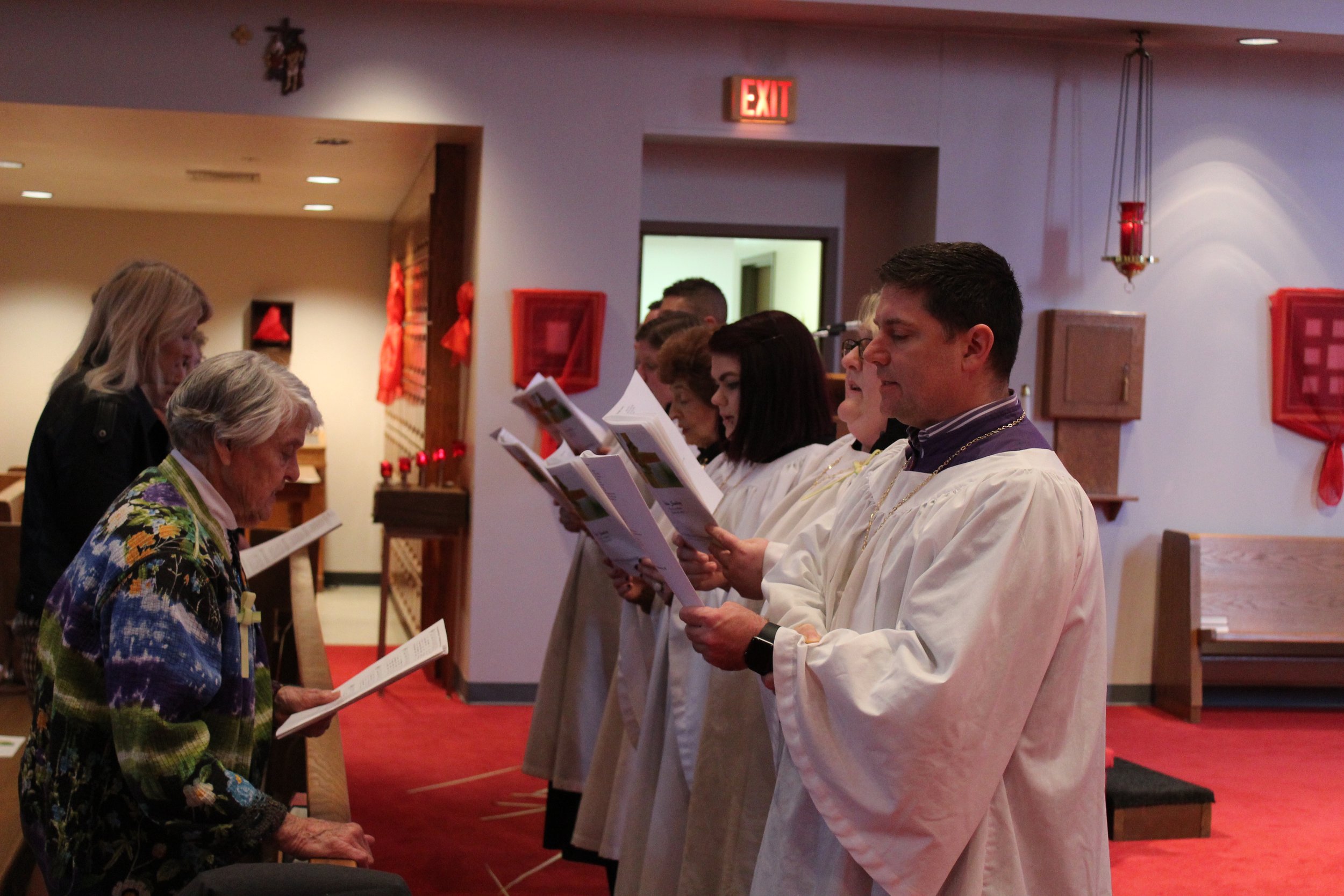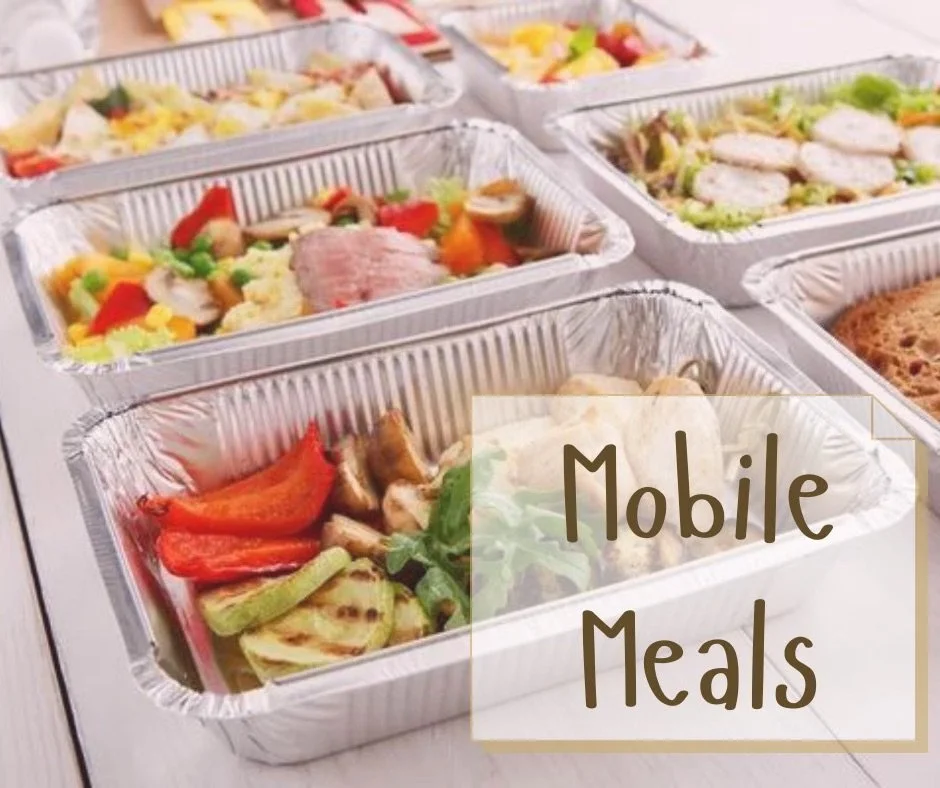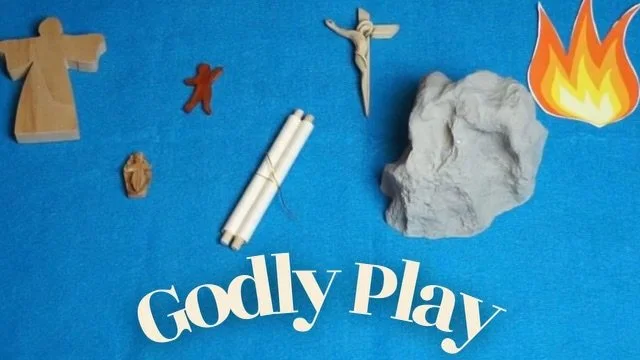
Sunday Eucharist, Rite II
The sacrament of Christ's body and blood, and the principal act of Christian worship. The term is from the Greek, “thanksgiving.” Jesus instituted the eucharist “on the night when he was betrayed.” At the Last Supper he shared the bread and cup of wine at a sacred meal with his disciples. He identified the bread with his body and the wine with his blood of the new covenant. Jesus commanded his disciples to “do this” in remembrance of him (see 1 Cor 11:23-26; Mk 14:22-25; Mt 26:26-29; Lk 22:14-20). Christ's sacrifice is made present by the eucharist, and in it we are united to his one self-offering (BCP, p. 859). The Last Supper provides the basis for the fourfold eucharistic action of taking, blessing, breaking, and sharing. Christ's body and blood are really present in the sacrament of the eucharist and received by faith. Christ's presence is also known in the gathered eucharistic community.
In the BCP, the whole service is entitled the Holy Eucharist. The first part of the service is designated the Word of God. It usually includes the entrance rite, the lessons and gradual psalm, the gospel, the sermon, the Nicene Creed, the prayers of the people, the confession of sin and absolution, and the peace. The second portion of the service is designated the Holy Communion. It includes the offertory, the consecration of the bread and wine in the Great Thanksgiving, the communion of the people, and the concluding prayers of thanksgiving and dismissal. A blessing may be given prior to the dismissal.
The eucharist is also called the Lord's Supper, Holy Communion, the Divine Liturgy, the Mass, and the Great Offertory (BCP, p. 859). The Hymnal 1982 includes a section with a variety of hymns for the Holy Eucharist (300-347), including “Come, risen Lord, and deign to be our guest” (305-306), “My God, thy table now is spread” (321), “Now, my tongue, the mystery telling” (329-331), and “I am the bread of life” (335).













